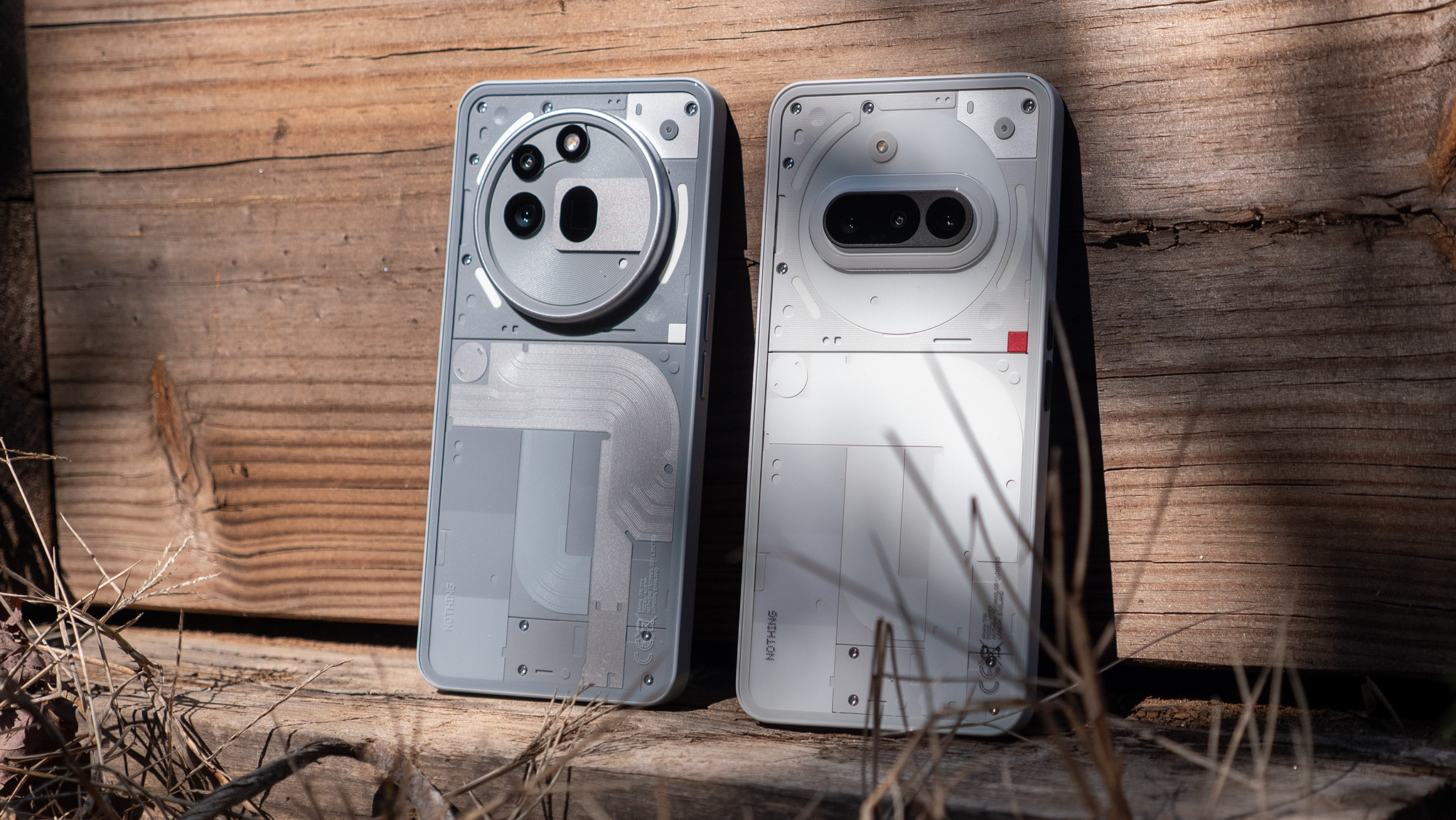Decade in review: Roku gave people easy access to video streaming
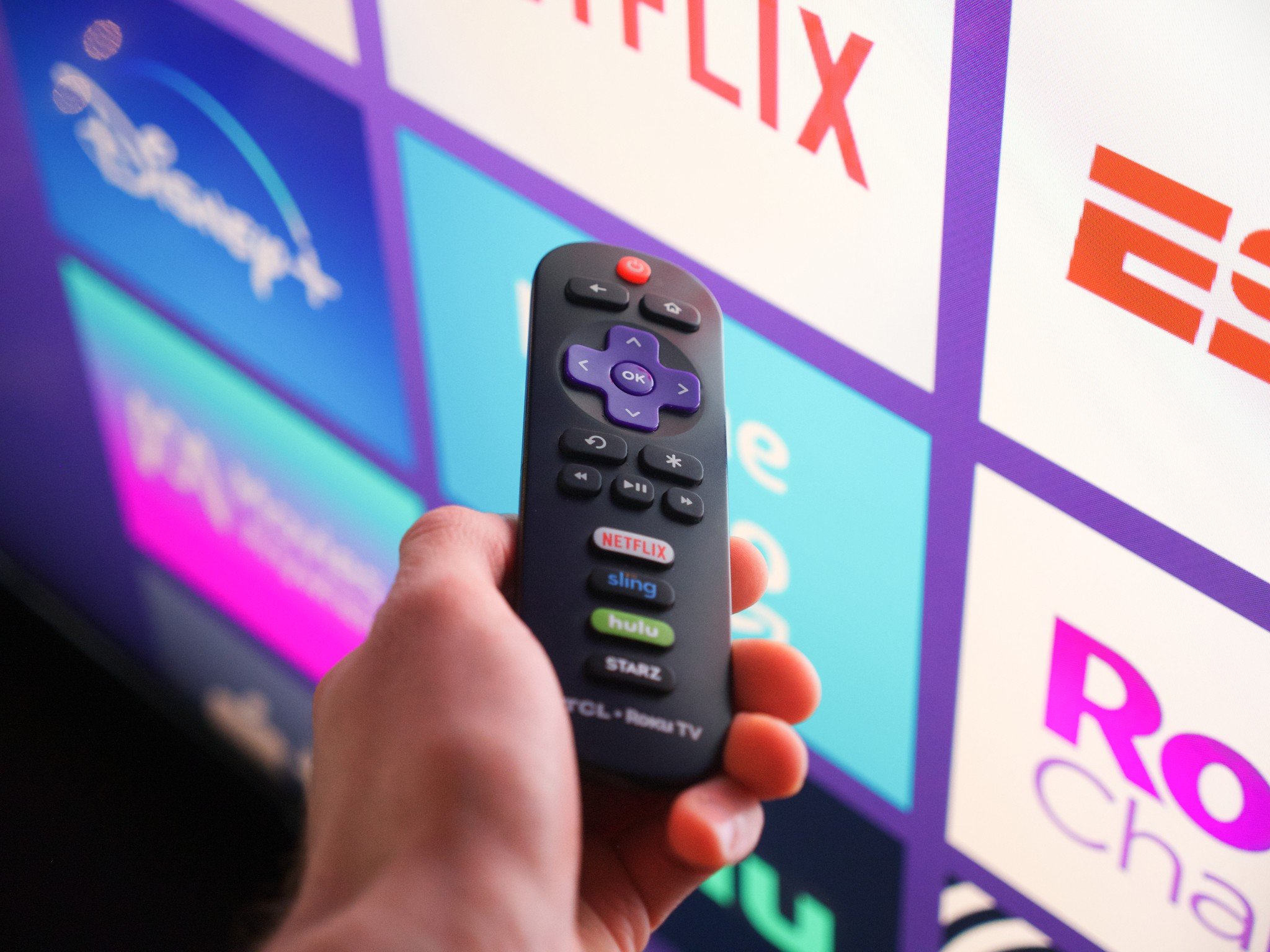
Get the latest news from Android Central, your trusted companion in the world of Android
You are now subscribed
Your newsletter sign-up was successful
Looking back on the past decade, you can point to a lot of products and services that changed the tech landscape forever. There's not one single thing that's ultimately better or more important than everything else; it's more a collection of gadgets and gizmos that helped shape the world as we know it today.
One such thing is Roku, which in 2019 is the market leader when it comes to connected TV platforms. It allows people to stream Netflix, Hulu, and other media apps to their TV.
Video streaming has quickly become the go-to way to watch content over traditional cable, and ensuring that people can access these services in their living room in an affordable and easy manner has been Roku.
Roku may not have the same cult following as other tech companies like Samsung and Apple, but there's no denying how much of an impact it's had on the way we watch and consume media.
So, what is Roku?
Why you can trust Android Central
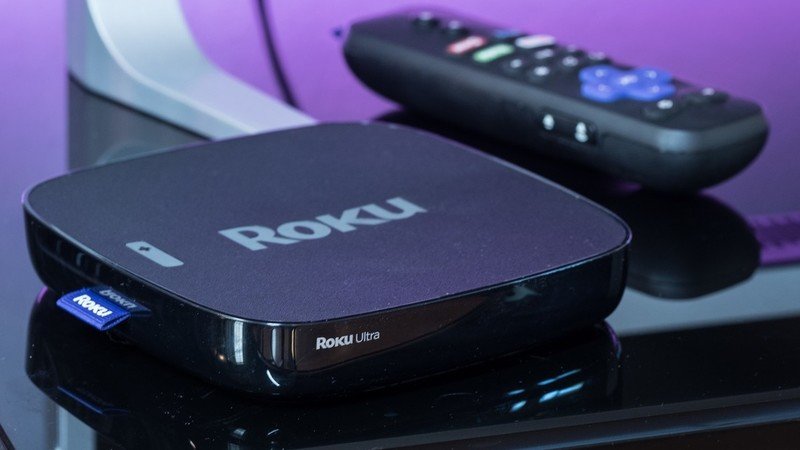
Roku was founded all the way back in 2002 with the mission to help people access their favorite video content on their television. Roku as a company is responsible for both the hardware and software of its products — creating the streaming boxes/sticks that plug into your TV and the Roku OS software that powers them.
Streaming boxes are still a relatively new product category, and while they did exist prior to the 2010s, this past decade is when they finally became a mainstream gadget rather than a niche offering.
Roku started out with streaming boxes, and as time went on, moved to tiny sticks that hide behind your TV. It also partnered with television manufacturers to get Roku OS built into TVs right out of the box, and has most recently gotten into the home audio market with wireless speakers and a soundbar.
The hardware Roku makes has proven to be some of the best out there, but what's really allowed the company to stand out is its software.
Roku's combination of affordable hardware and thoughtful software has stood the test of time.
Despite its arguably dated design, Roku OS stands out from Android TV, Amazon Fire TV, and even Apple TV for a couple of key reasons: It's extremely easy to use and has more content available than any of its competitors.
Roku has all of the big names like Netflix, Hulu, and Disney+, but it also benefits from a metric ton of smaller channels that aren't available on its competitors. Furthermore, since Roku is just focused on delivering content to people without competing in any other markets, its users don't suffer when Amazon and Google have a pissing contest and hold their apps hostage from one another. You also get the Roku Channel as soon as you get your Roku device set up, giving you immediate access to a heap of free movies and TV shows.
Where Amazon and Google's smart TV platforms are just one of many projects they have going on, this is Roku's primary mission. It isn't also concerned with an online retail storefront or a global search engine. All it cares about is creating easy, affordable ways for people to stream content in their living room, and that attention-to-detail shines through year after year.
Time for a brief history lesson
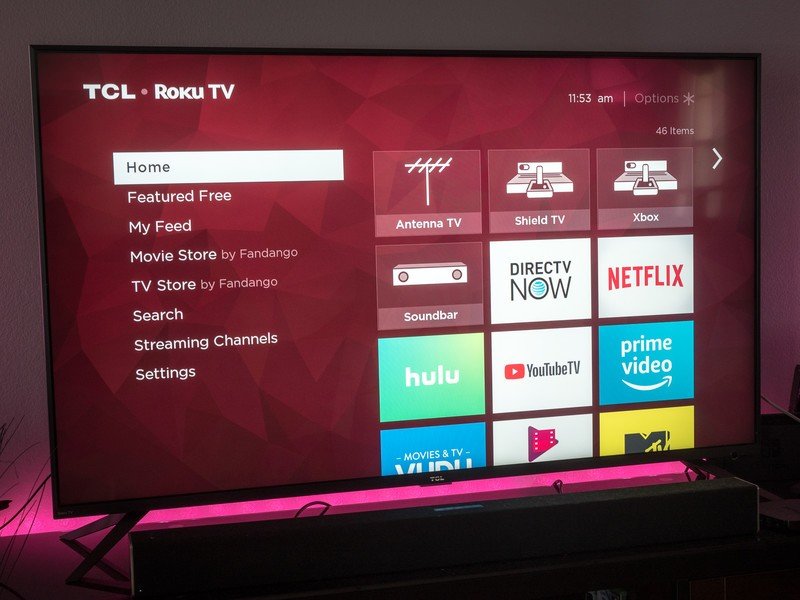
The first Roku streaming box — the Roku DVP — actually launched just before the decade in May 2008. It was the first streaming box you could use to watch Netflix on your TV, immediately putting the company in the spotlight. This certainly put a lot of attention on Roku during that year and 2009, but it wasn't until the 2010s when the company started getting in its groove.
Once 2010 rolled around, Roku revamped its product lineup and made its Roku HD the base model — allowing people to stream content in 720p HD for only $60. If you wanted to step up to 1080p Full HD streaming, you could get the Roku XD for $80. For comparison, the 2nd gen Apple TV released that same year cost $100 and only supported 720p HD streaming. Right from the beginning, Roku's done an admirable job at undercutting its competitors without sacrificing the user experience.
If you want a budget/mid-range television, chances are you'll buy a Roku TV.
Throughout the years, Roku continued adding new features while maintaining affordable prices. The Roku 3 from 2013 added a headphone jack to its remote for private listening, along with a microphone so users could search for content using just their voice. Support for 4K streaming was added in 2015 on the Roku 4.
Now in late-2019, Roku has four streaming devices with lower prices than ever before. The Roku Express gives you 1080p Full HD streaming for a measly $30, with the Roku Premiere offering 4K HDR streaming for $40. Heck, even Roku's flagship streamer — with its fastest processor, lost remote finder function, and free JBL headphones — is only $100. Want to stream in 4K on an Apple TV? You need to spend at least $179.
2014 also saw the launch of Roku TV, a brand to help create televisions with Roku OS built directly into them, giving you the full Roku experience without needing to buy a dedicated streaming box or stick. Roku's been incredibly smart with the partnerships it's made here, putting Roku TV on both flagship and affordable televisions from the likes of TCL, Hisense, Sharp, and Philips, just to name a few.
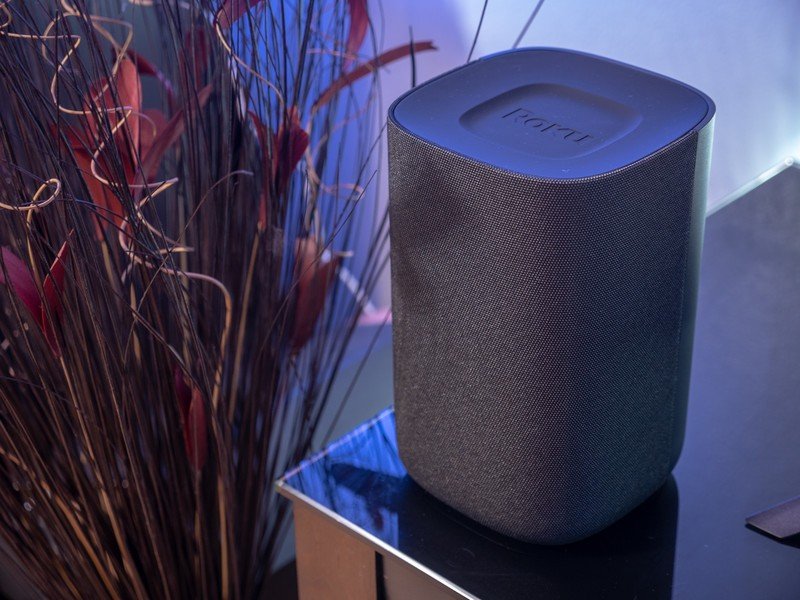
This has allowed Roku TVs to basically dominate the $200-$600 TV market. If you're shopping for a TV within that price range, chances are it's going to be a Roku TV.
2018 and 2019 have seen Roku dip its toes into audio for the very first time, with the company rolling out its Roku TV Wireless Speakers, Roku Smart Soundbar, and Roku Wireless Subwoofer. These products have kept the same ideology of offering quality user experiences at low prices. The Soundbar is a prime example of this, giving customers powerful sound and also doubling as a Roku streaming device with support for 4K video for just $180.
Why does any of this matter?
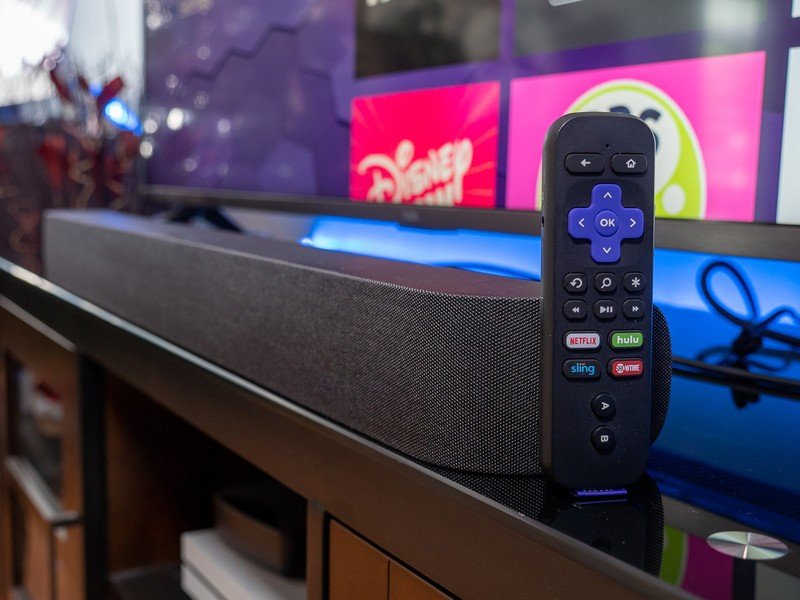
While Roku isn't the only streaming platform available these days, alternatives like Amazon Fire TV and Android TV exist because of Roku's success. Roku is the company that popularized the idea of a box that gives you easy access to music and video streaming apps, and it's continued to better itself over the past decade.
I briefly touched on this above, but I also think part of the reason Roku has been so successful is that it's unlike any other smart TV platform on the market. Amazon's Fire TV is Roku's closest competitor, but the experience heavily pushes Amazon's own Prime Video content on users over anything else. You can't blame Amazon for doing this, but it's a side effect of Amazon being involved in a bunch of different markets.
Roku just creates streaming products. It exists for the sole purpose of helping you stream content, and it does so with products that are easy on the wallet and easy for everyone to use. It's also been doing this longer than just about anyone else, and its years of experience are seen in the quality of its streaming boxes and Roku OS platform.
That openness also makes it incredibly user-friendly. You can control your Roku device using Google Assistant or Alexa, watch live sports with YouTube TV, catch up on your favorite Prime Video originals, or finally check out The Morning Show with the Apple TV App. Google, Apple, and Amazon don't compete with Roku the same way they do with each other, meaning that Roku customers get access to all of the content without any of the hassles.
We don't talk or cover Roku as closely or excitedly as we do those other companies, but I think it's undeniable the impact Roku has had on the streaming market as a whole. It pioneered the idea of making video streaming something every household could attain, and it's kept up that mission for well over a decade. I'm not sure what the next 10 years hold for the company, but whatever happens, I can't wait.

4K HDR streaming without breaking the bank
Want an example of why Roku is as popular as it is? Check out the Roku Premiere. This low-cost streaming stick may not look like much at first, but it delivers impressive 4K HDR streaming on any TV that supports it. It also comes with an easy-to-use remote and a premium HDMI cable so you can start watching your favorite shows ASAP.
Get the latest news from Android Central, your trusted companion in the world of Android

Joe Maring was a Senior Editor for Android Central between 2017 and 2021. You can reach him on Twitter at @JoeMaring1.
